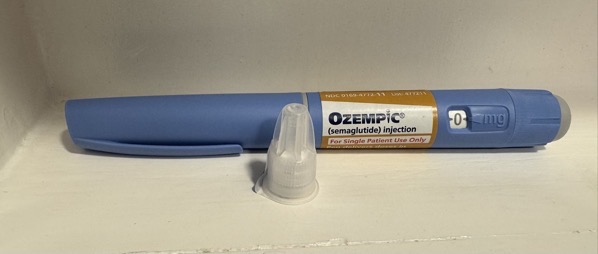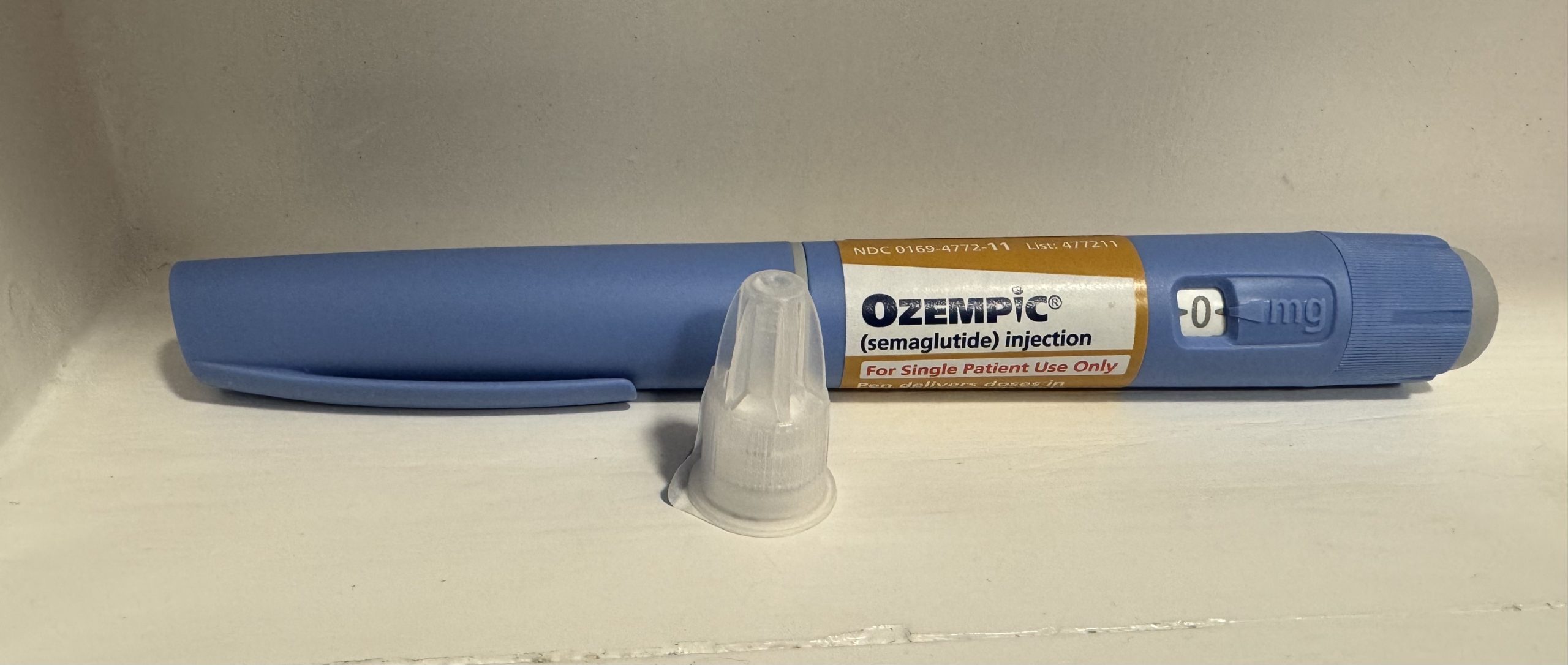
Ozempic’s been getting a ton of attention in the media over the last year or so. If you’re not familiar, Ozempic (generic name semaglutide) is a relatively new drug that came on the market a few years ago to treat diabetes. One of its side effects is loss of appetite and subsequently weight loss, and as a result, a flurry of doctors started to prescribe it off label for weight loss. Now, Novo Nordisk is marketing semaglutide for weight loss under the brand Wegovy.
And as with anything that gets popular, every news outlet has been running pieces about Ozempic nonstop in a rush for clicks. Clickbait factories like Forbes are naturally name-dropping Ozempic in articles not actually related to Ozempic. We’re getting pieces about how Ozempic is killing industries. Because Ozempic curbs appetite, some stock pundits have been worried that food sales are going to drop as a result.
And those are all kind of stupid and overblown, but they’re not nearly as tedious as the thinkpieces that suggest things like “the end of obesity” or perhaps even stupider, “the end of obesity as an identity issue”, or that we’re about to usher in a “super skinny era”.
Ozempic is absolutely a great drug. I’ve taken it to help manage diabetes, and it has been a really effective tool to help me keep my A1C in check. I have experienced Ozempic’s weight loss side effects, and I suspect that the weight loss in turn helps make the diabetes easier to manage, a nice virtuous cycle (and one that a lot of diabetes drugs fail to achieve because they decrease blood sugar at the expense of weight gain). My digestion gets slowed down, which keeps me feeling fuller longer as well as slowing down blood sugar spikes after meals. I get full a lot more easily. My fasting mimicking diets easier to do when I’m taking Ozempic. And in some ways, I feel like Ozempic has changed my relationship with food to be one that’s less obsessed. Food remains enjoyable, but I feel like my joy for food is more tempered and less obsessive. I can lightly snack on something tasty and not find myself mindlessly consuming it. I can be satisfied more easily. Ozempic also reduces cardiac events, and that’s not just a side effect of weight loss (semaglutide is also available in pill form in Rybelsus, where it causes weight loss but doesn’t have the same cardiac benefits)
But this idea that Ozempic is going to make obesity disappear is absolute bullshit. Even if it was priced to be ubiquitously available and there were zero side effect concerns, overall people see modest weight loss (think like 10% of body weight). In clinical trials there were participants who lost a decent amount of weight, and I have lost a noticeable amount of weight, but I’m still plenty sizable. Ozempic isn’t going to decouple us from obesity the way the pill decouples sex from pregnancy risk (a real comparison from one of the above linked articles). When we’re so awash in weight loss snake oils that do nothing, when something with any real level of effectiveness like Ozempic comes along, it’s heralded as a game changer, modest as its effectiveness may be.
But of course, the pundit’s muse is not fettered by such inhibiting factors as reality. When something is popular and you put it in your headline, you’ll get views, no matter how inane your article is. When pundits see technologies that are obviously transformative in hindsight, they can’t help but want to be the one to call the next big revolution, so they just start applying that to everything that looks like it has traction, in the hopes that one does hit it big, at which point in time they will look smart. And as a result, we end up with outlandish claims about how Ozempic will transform society; after all, if you turn out to have made the right call, you’ll end up looking really insightful in the future, even if it was just a lucky guess.

Leave a Reply